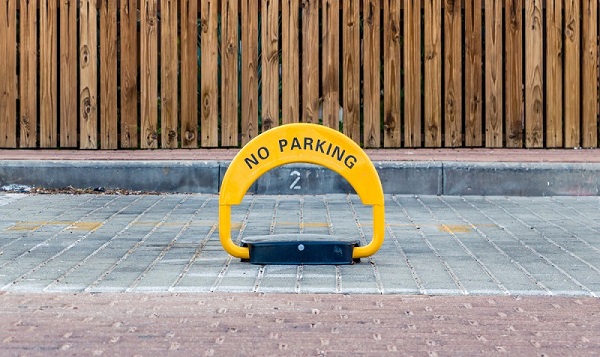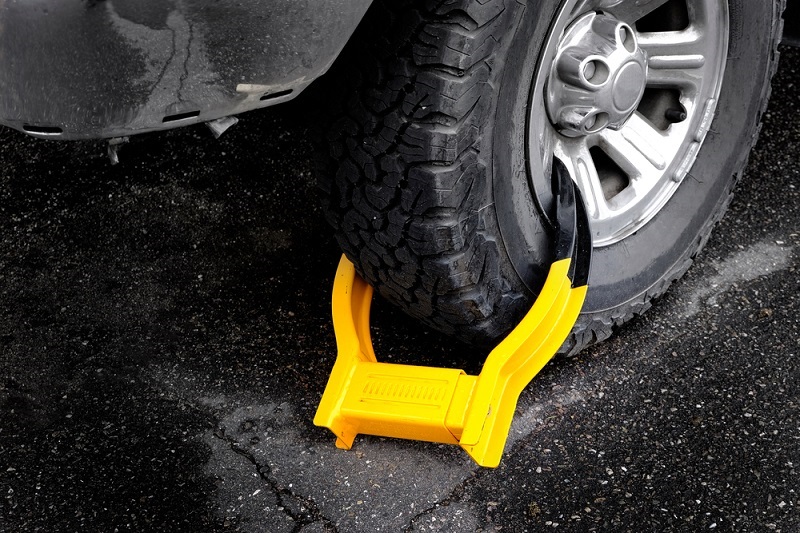Introduction
Are you tired of unauthorized vehicles occupying your private parking space? Do you want to ensure your parking lot is secure and well-managed? If so, a parking lock system may be the perfect solution for you. In this article, we will discuss how to choose the right parking lock system for your needs, assess the compatibility of your parking space with a parking lock system, and decide between hiring a professional installer or opting for a DIY installation. We will also provide maintenance and troubleshooting tips to help you keep your parking lock system running smoothly. So, let’s get started!
-
Choosing the Right Parking Lock System for Your Needs
There are various types of parking lock systems available in the market, each with its own set of features and benefits. To choose the right system for your needs, consider the following factors:
– Size of your parking space: Ensure the parking lock system you choose can fit within the dimensions of your parking space without obstructing access to other parking spots or causing inconvenience to pedestrians.
– Security features: Look for systems that offer robust security features such as remote control access, smartphone app control, and anti-theft alarms.
– Durability: Opt for a parking lock system made from high-quality materials that can withstand harsh weather conditions and heavy loads.
– Ease of installation: Some parking lock systems can be installed with minimal tools and expertise, while others may require professional installation.
– Budget: Determine your budget and choose a parking lock system that offers the best value for your money without compromising on quality and features.
-
Assessing the Compatibility of Your Parking Space with a Parking Lock System
Before you invest in a parking lock system, it’s crucial to ensure that your parking space is compatible with the system. Here are some factors to consider:
– Surface material: Check if the parking lock system you’re interested in can be installed on the surface material of your parking space, such as concrete or asphalt.
– Slope and gradient: Some parking lock systems may not work effectively on steep slopes or uneven surfaces. Ensure that your parking space has a suitable gradient for the system you choose.
– Space dimensions: Make sure there’s enough space for the parking lock system to be installed and operated without obstructing access to other parking spots or causing inconvenience to pedestrians.
– Power supply: Some parking lock systems require a power supply for operation. Ensure that your parking space has access to a reliable power source.
Parking Lock
-
Hiring a Professional Installer vs. DIY Installation
Once you’ve chosen the right parking lock system and ensured its compatibility with your parking space, the next step is installation. You can either hire a professional installer or attempt a DIY installation. Here are some factors to consider when making your decision:
– Expertise: If you’re not confident in your ability to install the parking lock system correctly, it’s best to hire a professional installer who has the necessary expertise and experience.
– Time and effort: DIY installation can be time-consuming and labor-intensive, especially if you’re not familiar with the process. Hiring a professional installer can save you time and effort.
– Warranty: Some parking lock system manufacturers may offer a warranty on their products, but this warranty may be voided if the system is not installed by a certified professional.
– Cost: While hiring a professional installer may be more expensive upfront, it can save you money in the long run by ensuring the proper installation and functioning of your parking lock system.
-
Maintenance and Troubleshooting Tips
To keep your parking lock system running smoothly and effectively, regular maintenance and timely troubleshooting are essential. Here are some tips to help you maintain your system:
– Clean the parking lock system regularly to remove dirt, debris, and other contaminants that may affect its performance.
– Inspect the system for signs of wear and tear, such as rust, corrosion, or damaged components. Replace any damaged parts as needed.
– Lubricate moving parts to ensure smooth operation and prevent premature wear.
– Test the system’s functionality regularly, including remote control access, smartphone app control, and anti-theft alarms.
– If you encounter any issues with your parking lock system, consult the user manual or contact the manufacturer for troubleshooting assistance.
Conclusion
Investing in a parking lock system can help you secure and manage your parking space effectively. By choosing the right system for your needs, assessing the compatibility of your parking space, and deciding between professional installation or DIY installation, you can ensure that your parking lock system functions optimally and provides you with the security and convenience you desire. Don’t forget to maintain your system regularly and troubleshoot any issues promptly to keep it running smoothly for years to come. With the right parking lock system in place, you can enjoy peace of mind knowing that your parking space is secure and well-managed.


